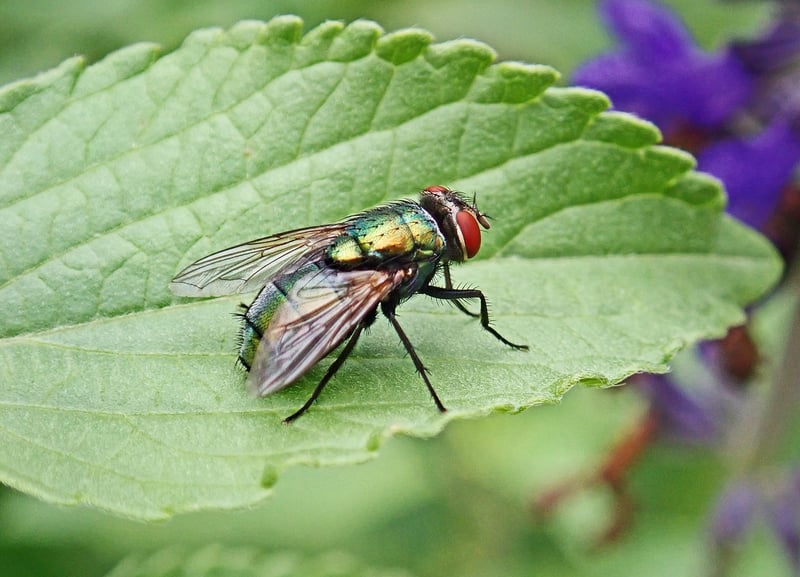Preventive Measures
Dealing with Garden Pests and Preventive Measures
Gardening is a rewarding hobby that allows you to connect with nature and enjoy the beauty of a well-maintained garden. However, dealing with garden pests can be a frustrating challenge for any gardener. In this article, we will discuss common garden pests and effective preventive measures to keep your garden healthy and thriving.
Common Garden Pests
1. Aphids: These tiny insects feed on plant sap and can quickly multiply, causing damage to leaves and stems.
2. Slugs and Snails: These pests are often found in damp areas and can devour young seedlings and plants.
3. Caterpillars: The larvae of butterflies and moths can chew through leaves and flowers, impacting plant growth.
4. Whiteflies: These small insects suck sap from plants, leading to yellowing leaves and stunted growth.
Preventive Measures
1. Attract Beneficial Insects
Encourage the presence of ladybugs, lacewings, and other beneficial insects in your garden. These insects feed on common garden pests and help maintain a natural balance.
2. Use Natural Predators
Introduce predatory insects like praying mantises or nematodes to control pest populations effectively.
3. Companion Planting
Planting certain herbs and flowers alongside your vegetables can help repel pests. For example, marigolds can deter aphids and other insects.
4. Mulch and Cleanliness
Keep your garden clean and free of debris to eliminate hiding spots for pests. Applying mulch can also help prevent weed growth and reduce the risk of pest infestations.
5. Organic Sprays
Consider using organic insecticidal soaps or neem oil to control garden pests without harming beneficial insects or the environment.
6. Physical Barriers
Use row covers or barriers like copper tape to protect vulnerable plants from slugs, snails, and other crawling pests.

By implementing these preventive measures and staying vigilant, you can effectively manage garden pests and maintain a healthy garden ecosystem. Remember that a diverse and thriving garden is less susceptible to pest outbreaks, so nurture your plants and create a balanced environment for all organisms to coexist harmoniously.
Happy gardening!
